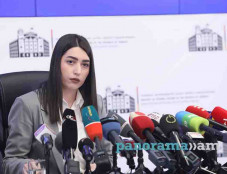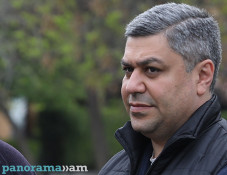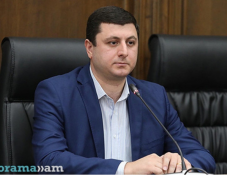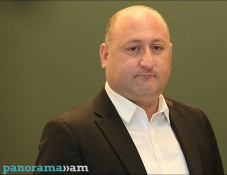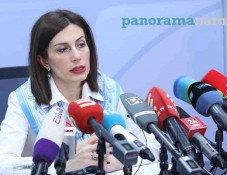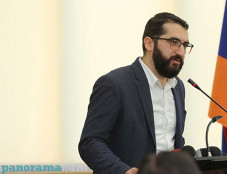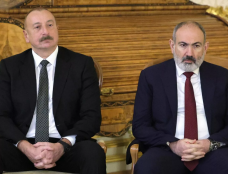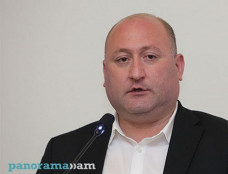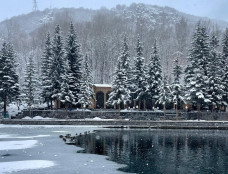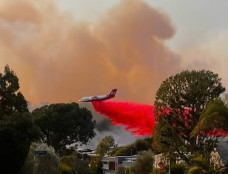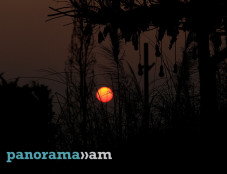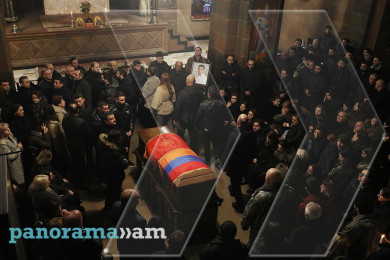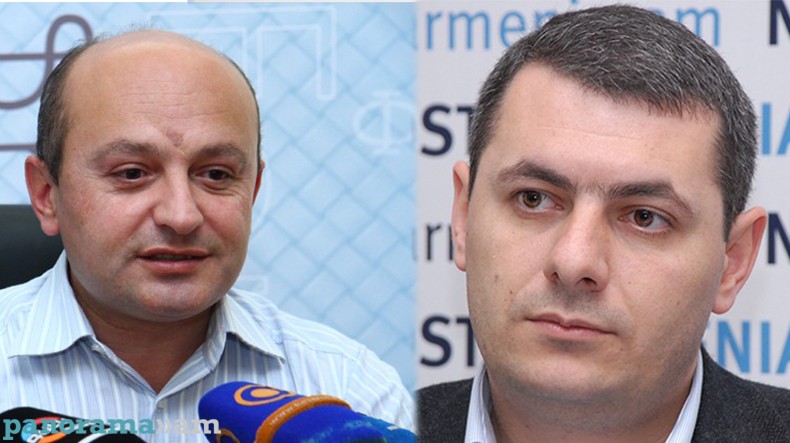
Styopa Safaryan: Both sides will demand costs for the transit route
Official statements from Yerevan on operation of an alternative route to Lars road started and ended with Armenia’s Minister of Transport Gagik Beglaryan’s announcement. No word on the transfer route through South Ossetia was uttered even after his visit to Georgia.
Georgian Prime Minister has stated that the Russian side has laid preconditions, suggesting Armenia to recognize the independence of Georgia’s breakaway region of South Ossetia. No comments have been received from the Armenia side thus far. According to some reports, Russian response to Armenia was that Georgia should negotiate with the leadership of South Ossetia.
Styopa Safaryan, the chairman of the Armenian Institute of International and Security Affairs (AIISA) commented on the situation to Panorama.am, suggesting Georgia would hardly give up the opening of the border with Russia.
“Actually, the both sides demand costs for the transit route. Russia expects Georgia to pay through recognizing the South Ossetia. The issue appears to remain quite complex and unsolvable,” Safaryan noted, adding such conflicts serve to be instruments of influence.
Meanwhile, Sergey Minasyan, Head of the Caucasus Institute suggested in an interview with Panorama.am that Armenia would hardly have applied to the leadership of the South Ossetia to settle the issue.
“No matter ho much we need export of agricultural products, Armenian-Georgian relations are of high importance,” Minasyan said.
Considering the evolving developments in the region, namely the protests in Abkhazia preceded by statements on rejecting the idea of incorporation into the Russian Federation, Safaryan says Russia certainly wishes to settle accession of Abkhazia and South Ossetia unilaterally, as it happened with Crimea.
“Since Russia hardly struggles with the imposed sanctions, it has nothing but to use these semi-frozen conflict to reinforce its positions,” noted the political scientist.
Safaryan also doubts the scenario in which Ossetians back joining Russia in a possible referendum.
“Number of factors may affect the public opinion by that time,” maintained the political scientist.
To him, after NATO military drills conducted in Georgia, one should expect harsh backlash from Russia, which sees NATO expansion as a threat to its national security
“Regretfully, we may witness stormy actions,” he said.
Sergey Minasyan, however, predicts no regional developments.
“If those happen, they would not repeat the 2008 August developments,” Minasyan predicted.
Newsfeed
Videos





